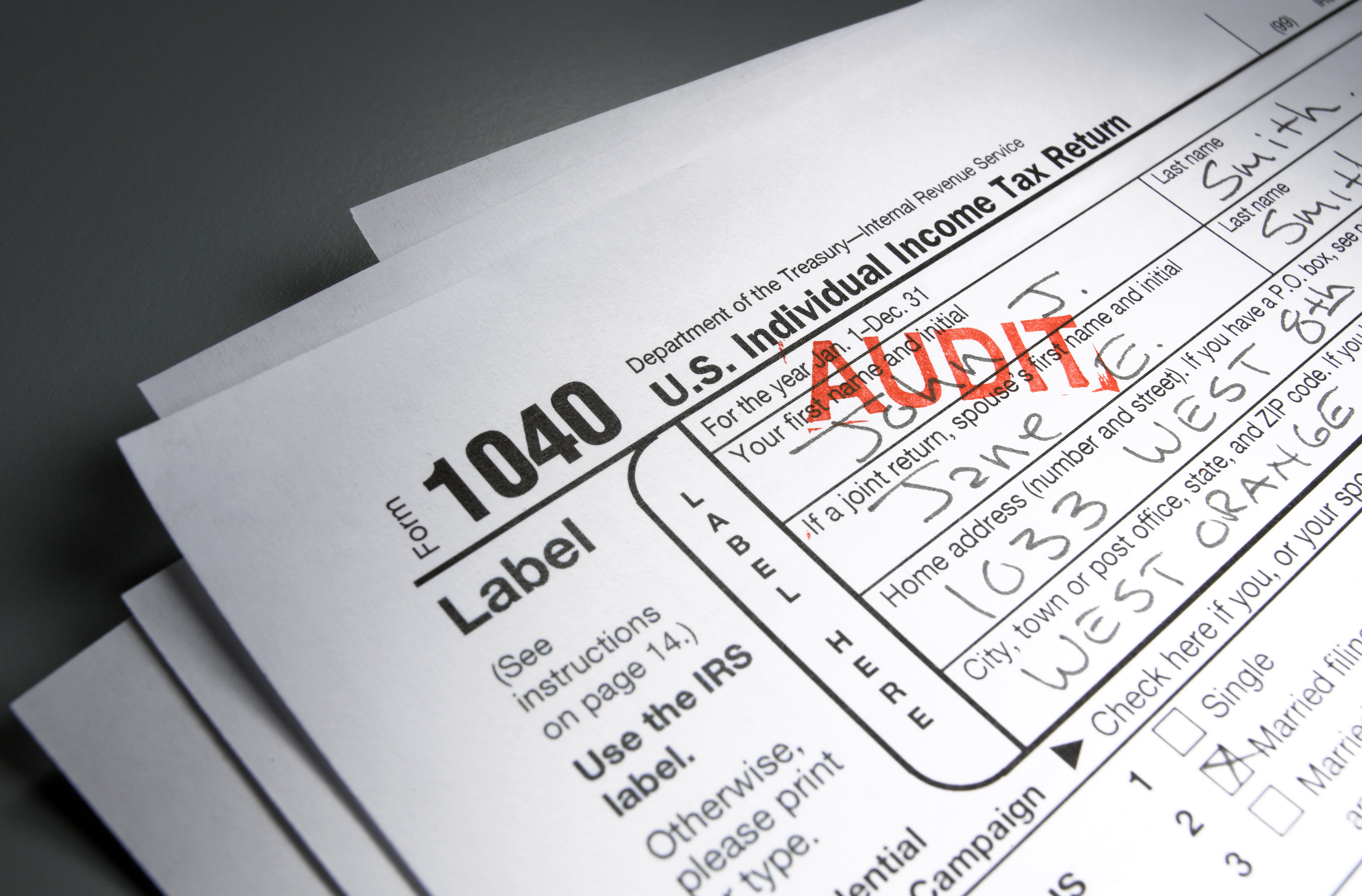The tax filing deadline for California residents who postponed filing their returns in the spring has been extended to next month.
Residents had until Monday under the original extension to file, but the IRS announced it further postponed tax deadlines for most California taxpayers to Nov. 16.
Residents of 55 California counties were granted an extension for filing their state and federal tax returns this year due to the severe weather we saw last winter.
Get a weekly recap of the latest San Francisco Bay Area housing news. Sign up for NBC Bay Area’s Housing Deconstructed newsletter.
The IRS imade the announcement of the first extension back in January, extending the state and federal deadline.
The extension applies to 55 California counties — including all nine in the Bay Area.
Lassen, Modoc and Shasta counties are the three counties excluded from the tax deadline extension, according to the state.
When is the 2023 tax filing deadline in California?
The IRS extended the state and federal tax deadline to Nov. 16, 2023 for most California counties.
Does this extension apply in all Bay Area counties?
Yes, the deadline is extended for residents in 55 California counties affected by winter weather, including Alameda, Contra Costa, San Mateo, Solano, San Francisco, Sonoma, Napa, Marin and Santa Clara.
The extension applies to both individuals and businesses.
Why is the tax deadline extended in 2023?
The IRS extended the deadline in much of California and parts of Alabama and Georgia due to extreme weather.
The extension applies in “disaster-areas” in the U.S., as designated by FEMA.
Do Californians have to prove they were impacted by the storms?
Residents in the impacted counties will automatically receive the tax extension and will not need to provide documentation.
"The IRS automatically provides filing and penalty relief to any taxpayer with an IRS address of record located in the disaster area. Therefore, taxpayers do not need to contact the agency to get this relief," the IRS said in its latest guidance.



